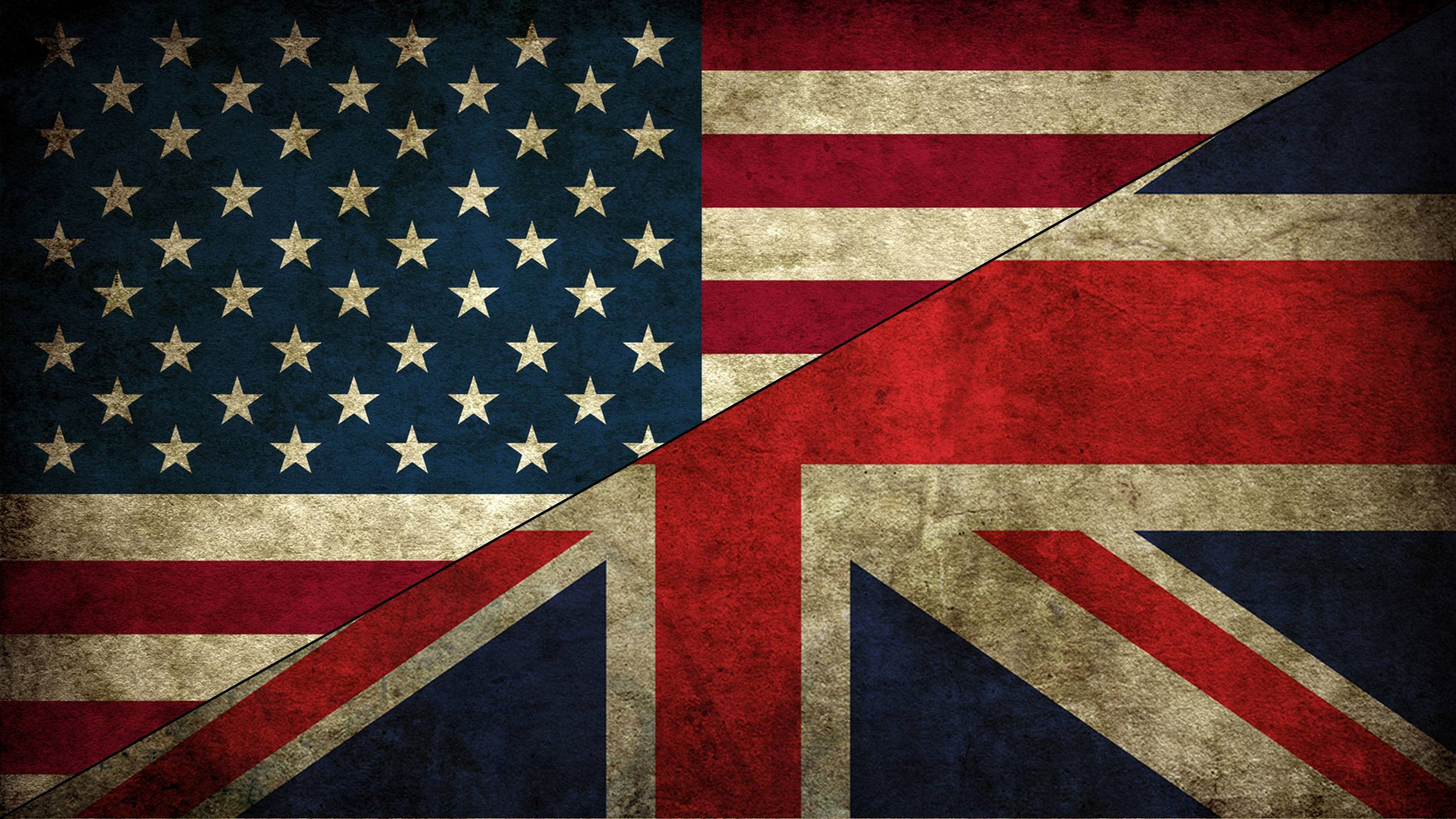
Opinion
Raising funds in America without your own 501(c)(3)
by Ken Hoffman - 19 December 2016
(Revised November 2020)

Opinion
Raising funds in America without your own 501(c)(3)
by Ken Hoffman - 19 December 2016
(Revised November 2020)
Think you need a "Friends Group" to raise funds in the US? Think again. Ken Hoffman considers three alternative ways of unlocking your support across the Atlantic.
Vast numbers of charities outside America enter the US fundraising market, competing with the 1.6 million domestic charities for the £300bn Americans give away each year. Many of these non-US organisations have gone to the expense and trouble of forming a tax-exempt “American Friends” group. While the “Friends” approach is comprehensive, for it is effective with all types of donations, it is also time-consuming, expensive, a permanent administrative burden…and often the wrong step to take at the start. Here are three alternatives.
Intermediaries: The Professional “Middle Men”
There is a class of US charities which exists chiefly to encourage giving by American sources – individual, foundation, and corporation – to charities and causes outside the US. These are called “intermediaries” and a donor can make a gift to one of these charities and ask it to regrant the funds to a non-US based charity. This gift is then tax deductible to the original American donor. For this service, the intermediaries charge a fee. In effect, the intermediary serves as a substitute for a charity outside the US creating an “American Friends” group.
The disadvantages of using an intermediary are:
The five best-known intermediaries in the UK market are:
Pricing among the intermediaries is highly variable. Like mobile phone or utilities contracts, it can be hard to compare one to the other. Your best approach is to estimate how many gifts you will receive in a year and of what sizes, then apply the forecast to each intermediary’s particular framework. Not infallible, but better than guessing.
Equivalency/Expenditure Responsibility
If your US fundraising programme is aimed at private and corporate foundations, then you are well situated to establish your “equivalency” to a US 501(c)(3). This will allow direct award of grants by any US private or corporate foundation to your charity. For an introduction to “equivalency determinations”, click here.
An older, and less common, method for receiving foundation awards is through the “expenditure responsibility grant.” This is more work for the grantor foundation when they file their tax returns. It also requires the recipient to segregate the funds received, usually by setting up a separate bank account which is drawn down, as the project goes forward. With an “expenditure responsibility” grant, even a profit-making business can be a grant recipient, if it happens to have a specific charitable programme for which the segregated funds will be used.
Always bear in mind that equivalency and expenditure responsibility only work for private and corporate foundation grants; they do not confer tax-deductibility on individual’s donations!
Cooperating US Charity
An underused method for receiving US funds is through cooperation with a like-minded US charity. If your colleagues in the US adopt a joint programme, you will have grounds for raising money through your US partner. A US “publicly-supported charity” will typically have broadly-drafted charitable purposes - usually much broader than a comparable British charity. This gives the Americans flexibility in how they spend their funds. The process cannot, however, be a “conduit” or “pass-through.” There must be genuine congruence in charitable purposes.
There are several disadvantages to cooperation. The gifts will be made out to the American partner, which is the tax-exempt entity under US law, so your brand will be weakened. The donor relationship is shared between the two charities. Most, though not all, US charities will charge between 1% and 8% for their administration of the gifts and their responsibility for correct expenditure and reporting.
Friends
Still longing to set up your own American Friends group? It is best done where you are confident there will be a substantial number and size of gifts from individuals. Educational institutions with alumni in the US are the most likely to be able to justify establishing a Friends group from the start. Arts and culture organisations are a close second, since they often rely heavily on individual contributions. The cost to “form” a Friends group will typically be in the range of £6,000-£12,000, inclusive of about £1,000 in registration fees at the state and federal level. But as to the specific steps for incorporating an American Friends group…that is for another time!
Disclaimer
This paper provides legal information for public educational purposes. It is not legal advice, for which you must seek out qualified advisors with experience not only with US non-profit organisations, but also with the more specialised world of “Friends Groups” and international philanthropy. A legal advisor will consider all of your particular circumstances and help fashion an appropriate structure to meet your organisation’s needs.
About the author
Ken Hoffman, a US lawyer and fundraising consultant, has recently joined More Partnership as a Partner. His specialism is advising non-US, chiefly British, organisations and their Friends Groups, on governance, compliance, and fundraising strategies. Ken can be contacted at khoffman@morepartnership.com.